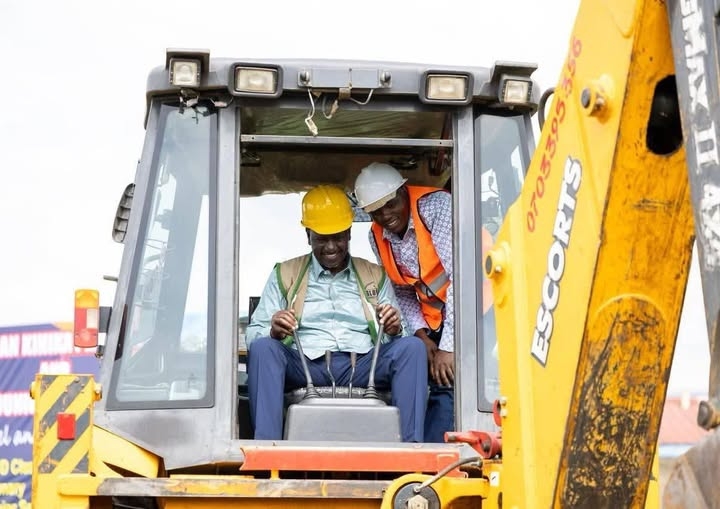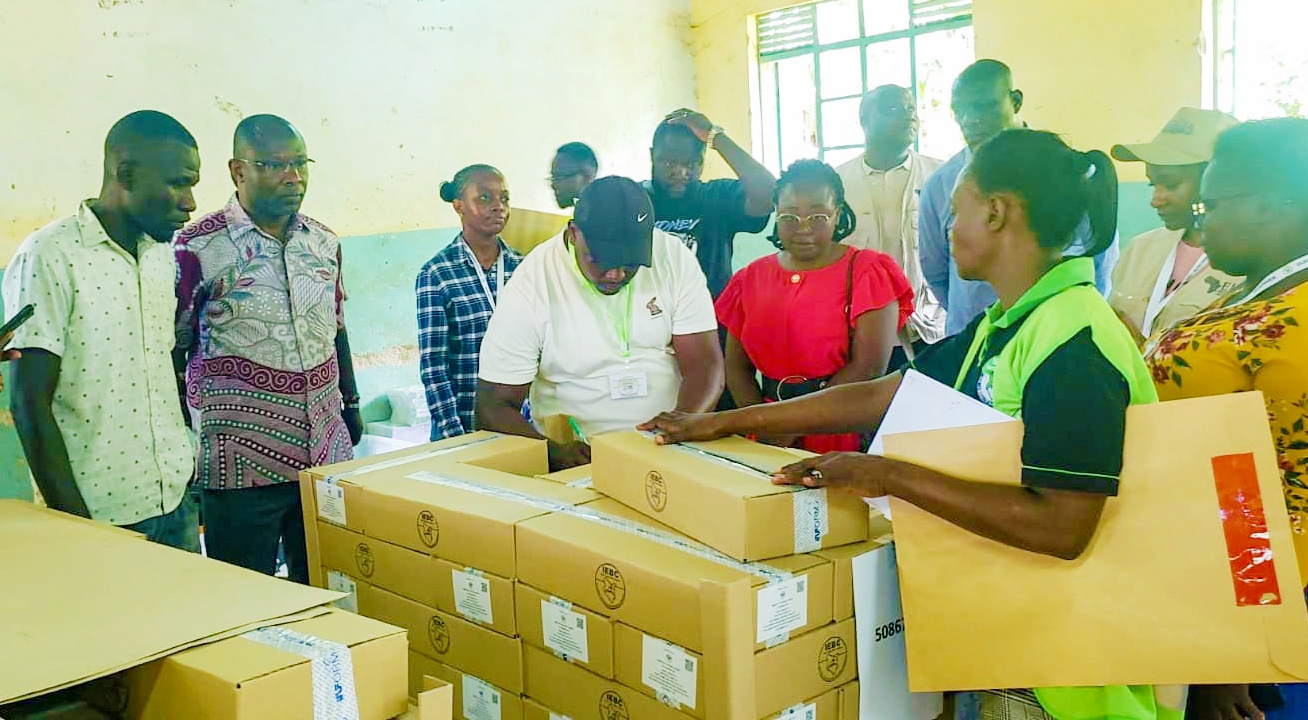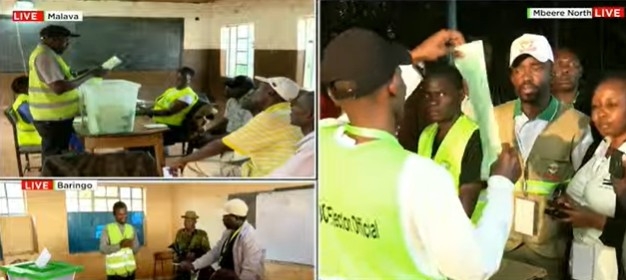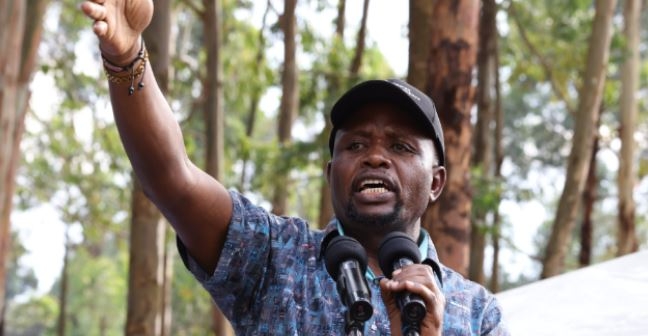Pressure has piled on President William Ruto to sign the IEBC as Kenyans bay for blood of lawmakers who supported the withdrawn Finance Bill, 2024.
Politicians and civil societies have demanded that the head of state prioritises the Independent Electoral and Boundaries Commission (Amendment) Bill, 2024.
The Bill is set to put the country’s electoral management system in place.
President Ruto last week processed money bills that indicate how money will be shared between the two levels of government.
He also returned the controversial Finance Bill, 2024 to Parliament with a suggestion to delete all the clauses following countrywide protests.
Ruto, however, did not sign the IEBC law that was also submitted alongside the money bills.
The move has triggered questions on the president’s decision especially at a time a number of civil societies and political parties have threatened to recall some MPs who voted for the Bill.
Kenya National Civil Society Center executive director Suba Churchill said reluctance to sign the bill is to protect the President’s friends who voted for the tax proposals.
“It is unfortunate that the President did not consider that as a priority especially after the Gen Zs demanded speedy reconstitution of the IEBC so that they can recall MPS who voted in favour of the Finance Bill, 2024,” Suba told the Star.
“It manifests a complete loss of political will because of the likelihood that if he does so, it will hasten the tempo with which Kenyans in general will want to make good use of the electoral body to execute their threat to recall a number of MPs who went against their wish.”
ODM said it will recall its six members who defied the party’s position and voted for the tax proposals.
The six lawmakers are from the party's strongholds.
They are, Gideon Ochanda (Bondo), Elisha Odhiambo (Gem), Caroli Omondi (Suba South), Emmanuel Wangwe (Navakholo), Memusi Kanchory (Kajiado Central) and Bernard Shinali (Ikolomani).
Azimio la Umoja has also demanded prompt signing of the IEBC Bill,2024 to pave way for snap parliamentary elections.
Wiper Leader Kalonzo Musyoka said Parliament has been left with blood in its hands following the killing of protestors on its premises.
“Azimio demands that the Independent Electoral and Boundaries Commission (Amendment) Bill, 2024 be immediately signed into law. We are aware that this Bill has been sitting on Ruto’s desk for days and the Kenya Kwanza dictatorship is reluctant to sign it into law,” he said.
“There is blood right outside the entrance of Parliament, there is blood in the chambers. How do MPs want to sit in a place like that?”
The proposed law is one of the bills from the National Dialogue Committee.
It changes to the composition of the selection panel of IEBC commissioners. It creates a panel of nine to enlist the new commissioners.
“The selection panel existing immediately at the commencement date of this Act ceases to exist but a person who served as a member of that selection panel may be nominated to serve as a member of a selection panel appointed under this Act,” it reads in part.
It sets timelines within which the nominating bodies and the President have to set up the selection panel.
The electoral agency has no commissioner.
Chairman Wafula Chebukati and his two colleagues, Boya Molu and Abdi Guliye, retired in January last year.
The other four commissioners, led by Juliana Cherera, were kicked out after rejecting election results.
Besides by-elections, boundary reviews were to be done by the end of March, but that is yet to happen, staging a constitutional crisis.
Up to 27 constituencies are affected following the delayed review.
The changes in the IEBC law include the requirement that only parties with more than 17 members in Parliament may nominate a representative to the selection panel.
“A parliamentary party means a party or coalition of parties consisting of not less than five per cent of the membership of the National Assembly,” the changes read.













